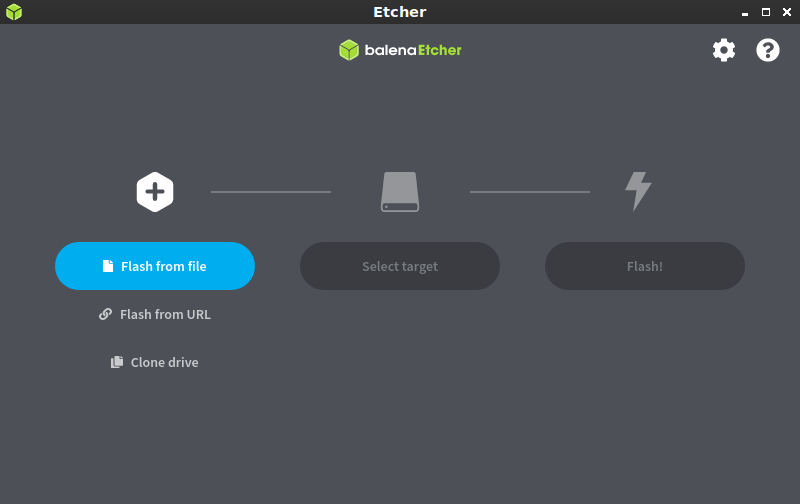New-to-linux
New Member
Hello, I flashed linux mint 19.3 cinnamon 32bit on a USB. I tried to install(alongside Windows 7)it but it failed coping files and said the installer crashed, I tried again but it was stuck so I quit but it said Linux installed. I restarted then gnu grub 2.02 command launched but I couldn't boot linux so I booted the USB again and tried installing but the same error happened(I think my hard drive might have errors) but I can see files are on the partition so I tried repair boot but that also said it failed, long story short I think I can only boot the USB now as when the USB isn't in my laptop goes to memtest86+ 5.08, I let it run for roughly 40mins and 2 passed, do I have to let it run fully? What can I do to make Windows 7 boot as I saw I could try install Linux through unetbootin or try remove gnu grub and use windows dual boot as I don't think anything installed properly as I can't check. Is there any options without replacing my hard drive? Thank you for your help.


